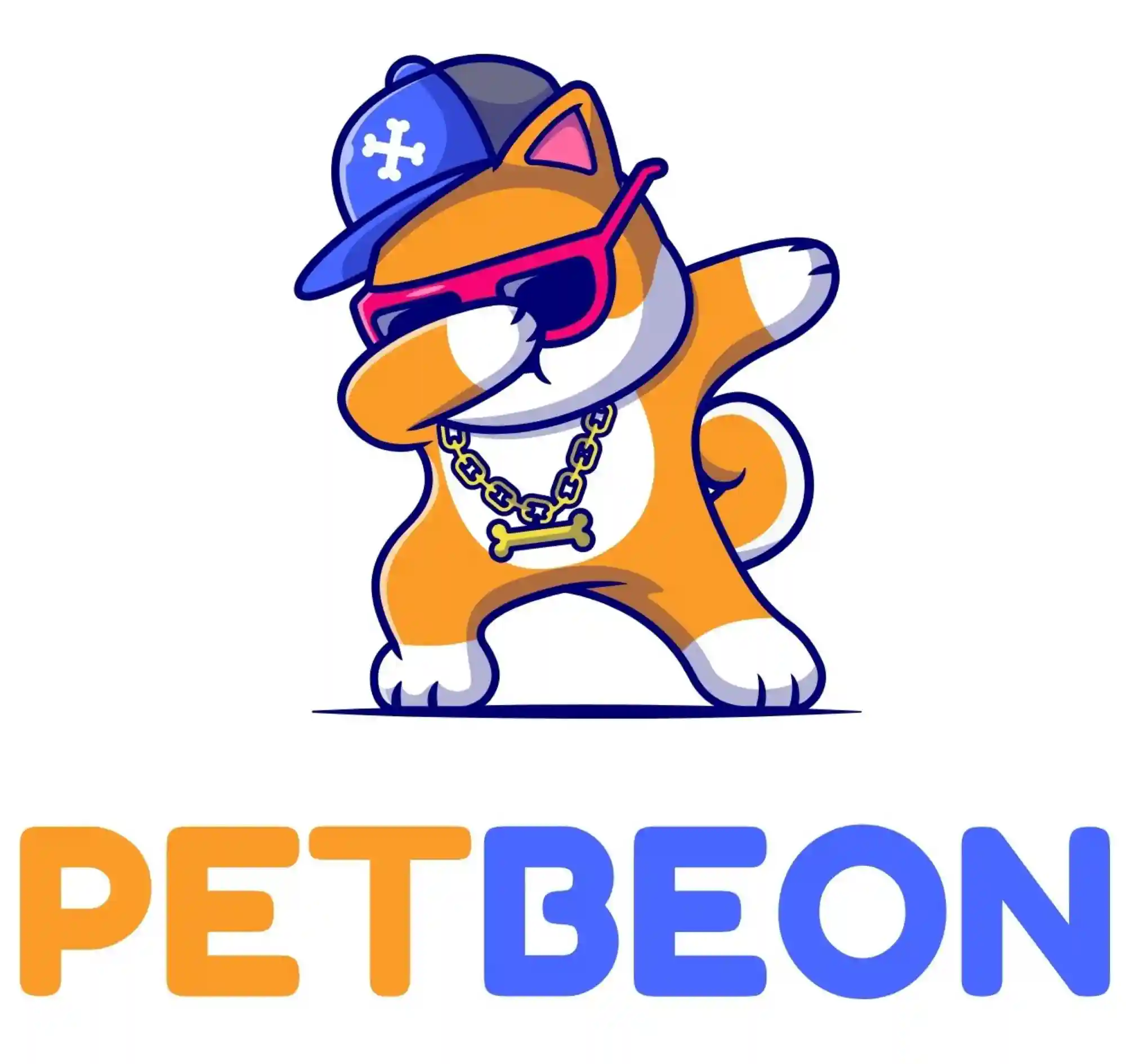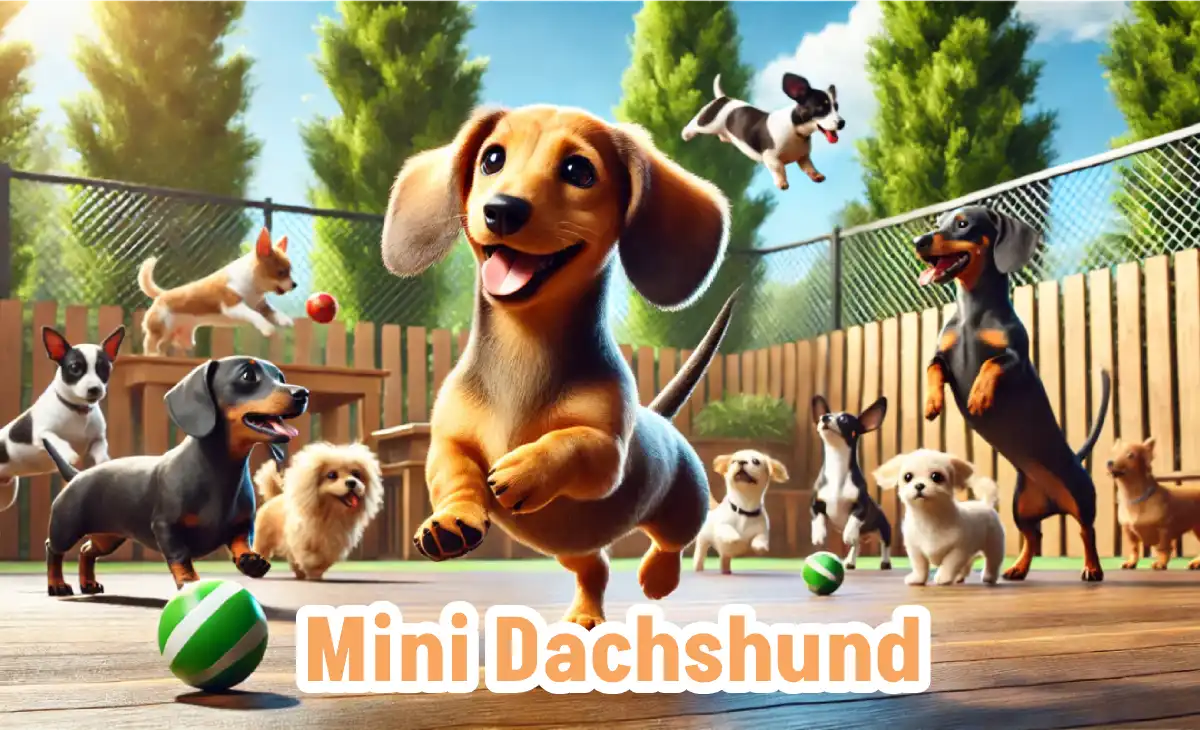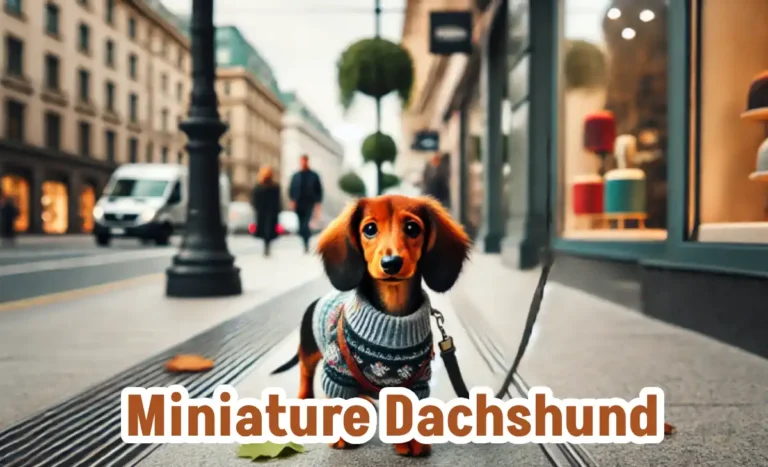Are you looking for a small, affectionate, and lively companion? Meet the Mini Dachshund, one of the most popular small dog breeds in the world. Known for their long bodies, short legs, and playful attitudes, these adorable pups bring joy to homes of all sizes.
Whether you’re a family with kids or someone seeking a loyal friend, Mini Dachshunds fit right in. Did you know their origins date back to 15th-century Germany, where they were bred for hunting badgers? Their bravery and intelligence are still part of their charm today.
In this guide, we’ll explore everything you need to know about Mini Dachshunds, from their care to training, so you can decide if they’re the perfect match for your home.
What is a Mini Dachshund?
The Mini Dachshund is a small-sized version of the Standard Dachshund, also known as the “wiener dog.” This breed stands out with its unique body shape, featuring a long torso and short legs. Their adorable appearance and fun-loving personality have made them a favorite among pet lovers worldwide.
Physical Characteristics:
Mini Dachshunds typically weigh less than 11 pounds and stand 5-6 inches tall. They have a muscular build despite their size, making them surprisingly agile. Their long ears, almond-shaped eyes, and curled tails add to their charm. The breed comes in three coat types:
- Smooth: Sleek and shiny, requiring minimal grooming.
- Long-haired: Soft and flowy, requiring more maintenance.
- Wire-haired: Coarse and textured, giving them a rugged look.
Mini vs. Standard Dachshunds:
The primary difference between Mini and Standard Dachshunds is size. While Standard Dachshunds can weigh up to 32 pounds, Minis are much smaller, making them a better choice for those living in apartments or small homes. Both share similar personalities and instincts, but Mini Dachshunds tend to be slightly more delicate.
Mini Dachshund Temperament and Personality
Mini Dachshunds are full of character. They are playful, curious, and fiercely loyal to their families. Despite their small size, these dogs often have a fearless attitude, a trait inherited from their days of hunting badgers and other burrowing animals.
Key Personality Traits:
- Loyalty: Mini Dachshunds form strong bonds with their owners. They love being involved in family activities and thrive on attention.
- Playfulness: These dogs enjoy playtime and are always up for a game of fetch or tug-of-war.
- Stubbornness: Their independent nature can make them challenging to train, but their intelligence allows them to learn quickly with the right approach.
Are They Family-Friendly?
Mini Dachshunds make great pets for families, singles, and seniors alike. They do well with older children who know how to handle small dogs gently. Early socialization ensures they get along with other pets and strangers, although they may show a protective streak around their loved ones.
Caring for a Mini Dachshund
Owning a Mini Dachshund comes with responsibilities. Their unique body shape and small size require special attention in areas like diet, grooming, and exercise.
Feeding and Nutrition:
Mini Dachshunds need a balanced diet to stay healthy and active. Look for high-quality dog food with real meat as the main ingredient. Avoid feeding them table scraps, as this can lead to obesity, which puts additional strain on their backs.
Tip: Measure their food portions carefully and avoid overfeeding. Use low-calorie treats during training.
Grooming Needs:
The grooming routine depends on their coat type:
- Smooth-coated: Brush once a week to remove loose hair and keep their coat shiny.
- Long-haired: Brush daily to prevent tangles and mats.
- Wire-haired: Groom regularly and consider hand-stripping to maintain the coat’s texture.
All Mini Dachshunds need regular nail trims, ear cleaning, and dental care to prevent common health issues like ear infections and dental disease.
Exercise Requirements:
Though small, Mini Dachshunds are energetic dogs. Daily walks and playtime are essential to keep them fit. Activities that involve running or chasing balls help satisfy their natural hunting instincts. Avoid letting them jump off furniture to protect their backs from injury.

Common Health Issues in Mini Dachshunds
Mini Dachshunds are generally healthy, but their long spines make them susceptible to certain conditions. Understanding these risks can help you provide the best care.
Intervertebral Disc Disease (IVDD):
IVDD is one of the most common issues in Mini Dachshunds due to their long backs. Symptoms include difficulty walking, pain, or reluctance to move. Keeping them at a healthy weight and avoiding high-impact activities can reduce the risk.
Dental Problems:
Their small mouths make them prone to dental issues like plaque buildup and gum disease. Regular brushing and dental check-ups are essential.
Obesity:
Excess weight can worsen back problems and strain their joints. Monitor their diet and ensure they get enough exercise to maintain a healthy weight.
Other Health Concerns:
- Eye conditions like cataracts or progressive retinal atrophy.
- Patellar luxation, which affects the knee joints.
- Hypothyroidism, a condition that slows their metabolism.
Regular vet visits and preventive care go a long way in keeping your Mini Dachshund healthy.
Training Tips for Mini Dachshunds
Training a Mini Dachshund can be both fun and challenging. Their intelligence makes them quick learners, but their stubborn streak requires patience and consistency.
Housebreaking:
Housebreaking should start early. Use a consistent routine and positive reinforcement to teach them where to go. Crate training can also help speed up the process.
Basic Commands:
Teach commands like “sit,” “stay,” and “come” as soon as possible. Reward them with treats or praise when they follow instructions.
Managing Barking:
Mini Dachshunds are natural watchdogs and may bark frequently. Teach them to stop barking on command by rewarding quiet behavior.
Socialization:
Expose your dog to different people, animals, and environments early to reduce fear and anxiety. A well-socialized Mini Dachshund is more confident and well-behaved.
FAQs
Are Mini Dachshunds hypoallergenic?
No, Mini Dachshunds are not hypoallergenic. They shed, although the amount depends on their coat type.
Do Mini Dachshunds get along with other pets?
Yes, with proper socialization, they can get along with other pets. Their hunting instincts may make them chase smaller animals, so supervision is important.
How much exercise does a Mini Dachshund need?
They need at least 30 minutes of exercise daily, including walks and playtime.
Can Mini Dachshunds live in apartments?
Yes, their small size and adaptability make them great for apartment living. Ensure they get enough exercise to prevent boredom.
How long do Mini Dachshunds live?
With proper care, Mini Dachshunds can live 12-16 years.
Conclusion
Mini Dachshunds are charming, loyal, and full of life. They make excellent pets for those who can meet their unique needs, from their care to training. By providing a loving and attentive home, you can enjoy many years of companionship with this delightful breed.
If you’re ready to welcome a Mini Dachshund into your life, consider adopting from a local rescue or finding a reputable breeder. For more information on responsible pet ownership, visit the American Kennel Club (AKC). These little dogs bring big love into any home!




